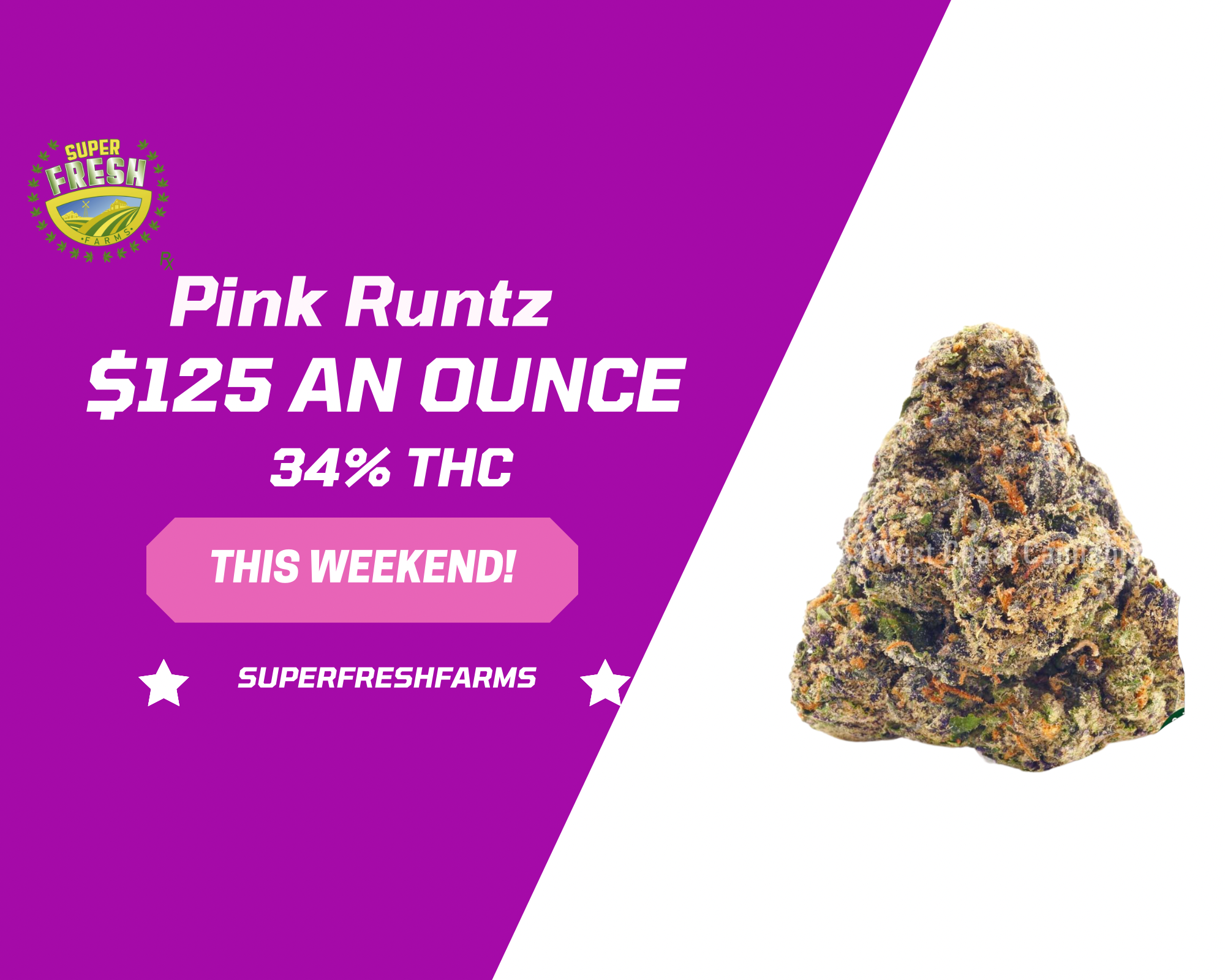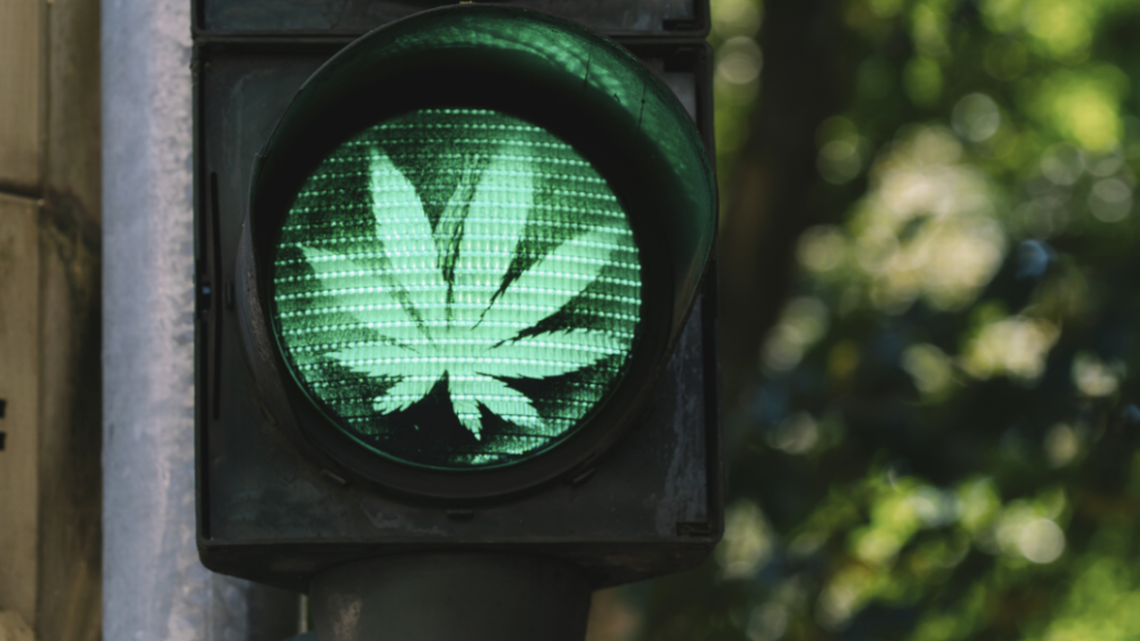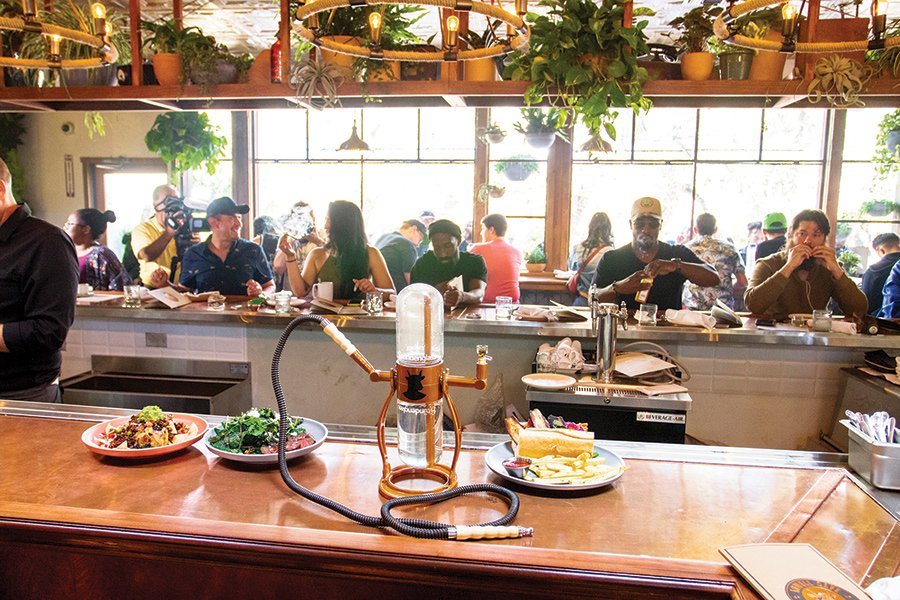If you ever want to know what it feels like to be surrounded by hundreds of weed dispensaries, Los Angeles is where you need to be. As one of the most cannabis-friendly cities in the United States, Los Angeles has a deeply rooted cannabis culture infused into the city’s community and lifestyle. The first medical dispensaries were established across California in 1996, and since then, Los Angeles dispensaries have been an integral influence in the city’s art, music, and creative culture.
With the legalization of recreational marijuana dispensaries in 2016, many medical dispensaries in Los Angeles now cater to both medical patients and recreational customers. As a result, the city’s dispensaries offer a wide range of cannabis products, from traditional flower strains to edibles, concentrates, topicals, and more. Because dispensaries have been around for so long in California, Los Angeles has set a high bar for what it means to be a top dispensary. Dispensaries in the city are known for their professionalism, knowledgeable staff, and wide selection of products.
Related
The best-rated weed dispensaries in California 2022
To find out which dispensaries in Los Angeles are the best, we turned to our own dispensary reviews. Our recently updated Leafly List features the top dispensaries in Los Angeles, based on user reviews and ratings. Whether you’re a medical patient or a recreational customer, these dispensaries are sure to offer high-quality products and excellent customer service.
Highest-Rated Recreational Dispensaries in Los Angeles
You don’t have to go far in Los Angeles to find a good dispensary. But to find the cream of the crop, consider a dispensary that Leafly reviewers say stands out from the crowd.
Los Angeles, CA — recreational

“Fast and friendly service, definitely will be ordering from here again. Weed delivery driver was also on time and discreet.”
4200 Lincoln Blvd, Marina del Rey, CA — recreational

“Fast, quick and easy with good customer service, and great prices of weed sold on a sliding scale”
Culver City, CA — recreational

“Amazing strain selection and at weights for all budgets. The best part is the customer service, delivery drivers are always communicative and fast. It’s my new favorite delivery service.”
801 E 7th St #120c, Los Angeles, CA — recreational

“Fantastic and attentive service. High quality products. My driver Eric was an esteemed professional who obviously prides himself on quality service. Can’t say enough good things about Gemstone Delivery.”
3791 2nd Avenue, Los Angeles, CA — recreational/medical

“This shop has great quality flowers along with daily deals that blow a lot of the competition out of the water. Best shop in the area, hands down.”
Related
The best rated weed dispensaries in Arizona
Highest-Rated Medical Dispensaries in Los Angeles
Medical marijuana patients in Los Angeles say these medical dispensaries offer great prices, compassionate care, and helpful customer service.
12320 W Pico Blvd, Los Angeles, CA — medical

“I love the high quality buds!”
520 S. Western Ave, Los Angeles, CA — recreational/medical
.png?auto=format)
“I’ve never found a dispensary that can match the low prices and good quality weed that this one has. Their deals are some of the best in town.”
4356 Woodlawn Ave, Los Angeles, CA — recreational/medical

“The staff was a tremendous help in explaining and recommending products for pain and for enjoyment!”
4233 Crenshaw Blvd, Los Angeles, CA — recreational/medical

“I love this shop so much! The vibes are impeccable. I have never walked into a shop and experienced such a fun loving staff. I stopped in last week to find an infused (alcohol free) beer!”
LAX, CA — recreational/medical

“Amazing delivery and products. Will definitely be ordering again!”
Related
Los Angeles County dismisses 60,000 more cannabis convictions
Selection Criteria for Leafly List Los Angeles
To calculate the highest-rated dispensaries in Los Angeles, our Leafly List team uses a methodology based on quantitative and qualitative review data of dispensaries listed on Leafly in Los Angeles County. This list also uses quality indicators, like customer reorder rates and deal availability (in markets where discounts are legal). Our teams are dedicated to showcasing a wide variety of highly-rated medical and recreational dispensaries.
Remember, if you don’t see your favorite dispensary on Leafly List, make sure you follow, rate, and review your favorite cannabis locations to let the world know where you find your favorite cannabis.



































